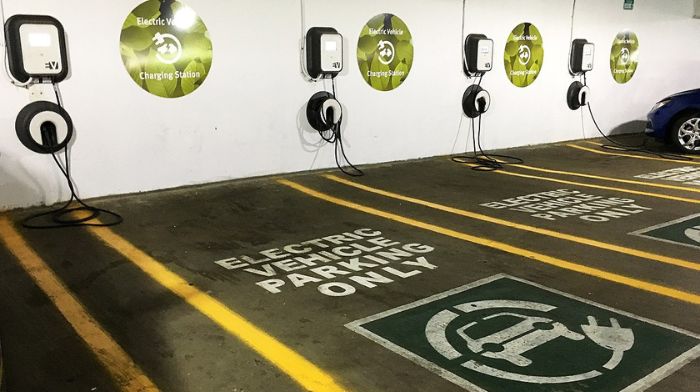Researchers urge governments to use public procurement of plant-based proteins to bring about cascading changes that help tackle climate change
Environment
20 January 2023
Eating more plant-based food would mean less land is needed for livestock farming Brent Hofacker/Alamy Stock Photo
Governments should force prisons, schools, hospitals and other state-run institutions to serve more vegan burgers, sausages and fillets in order to trigger a dramatic shift in global agriculture, a team of researchers has proposed.
They identified public procurement of plant-based protein as a “super leverage point” that would spark cascading changes throughout the global food system.
Serving more plant-based foods in public institutions would help the alternative protein sector to scale up and bring down its costs, while also boosting the popularity of these products with the public, according to a report from sustainability consultancy Systemiq in partnership with the University of Exeter, UK.
Should vegan alternatives displace 20 per cent of meat sold globally, up to 8 million square kilometres of land used for livestock farming could be redeployed for climate-positive schemes, says Tim Lenton at the University of Exeter, who contributed to the report.
“You really get a disproportionate reduction in land use demand, which is obviously a big source of emissions,” he says. “Then you’re liberating land on which you could do reforestation, afforestation, rewilding.”
Public procurement of plant-based proteins is one of three “super leverage points” identified in the report as small interventions that can cause a cascade of decarbonisation.
Introducing a mandate for at least 25 per cent of ammonia fertiliser to be made using green hydrogen would be another, the report said, by increasing the deployment of electrolysers to bring the price of green hydrogen to as low as $1.50 per kilogram. This could in turn make green hydrogen a viable fuel for ships and, eventually, steel production.
Meanwhile, requiring car manufacturers to produce a certain volume of electric vehicles each year would help to push zero-emission driving into mass adoption. This could in turn significantly reduce the cost of electricity from renewables and related storage solutions, by accelerating lithium-ion battery development.
The idea was to design interventions that trigger positive tipping points, where a shift to a greener society becomes unstoppable, says Lenton. These would act as a counterpoint to climate tipping points – such as the thawing of permafrost – that researchers warn would be irreversible and could speed up climate change.
“It was always apparent to me that sometimes in human social systems you get abrupt, self-propelling and often irreversible changes,” says Lenton. “We need to find and trigger positive tipping points to avoid those bad climate tipping points.”
The report, which will be presented today at the World Economic Forum in Davos, Switzerland, is backed by the Bezos Earth Fund, a philanthropic venture from Amazon founder Jeff Bezos.
The interventions, designed for governments around the world, will inspire positive change rather than ban polluting activities, says Mark Meldrum at Systemiq, an author of the report.
“None of these are about banning the old,” he says. “They are about supporting and lifting the new, to help them be as competitive and attractive as possible. So we get to a place where we don’t need a ban, because everyone wants the new thing anyway.”
Sign up to our free Fix the Planet newsletter to get a dose of climate optimism delivered straight to your inbox, every Thursday
More on these topics:



























































